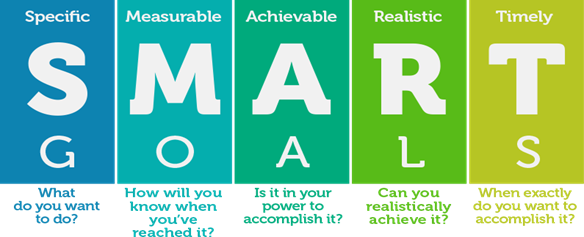Women constantly encounter challenges in society — and the workplace is no exception. All over the world, women are paid less than men for the same kind of work, are underrepresented in leadership roles, and must deal with varying levels of discrimination and harassment.
This is a situation that companies need to improve because if women have poor relationships with their co-workers, feel unvalued, and work in a negative environment, this affects their mental health and, in turn, hampers their productivity and performance at work.
On the other hand, workplaces that promote diversity, ensure equal representation, and support the well-being of its female staff, have been found to enjoy the following positive benefits:
- Greater profitability. According to a 2018 study published by management consulting firm McKinsey & Co., company profits and share performance can be close to 50 percent higher when women are well represented at the top.
- Increased collaboration and innovation. Women and men bring different skills and perspectives to the workplace, and these spark creativity, leads to better innovation (especially crucial in the fields of Science, Technology, Engineering, and Mathematics), and a more efficient way of completing other group processes.
- A more positive workplace culture. According to the same McKinsey report, senior-level women have a positive impact on a company’s culture. This is because they are more likely than senior-level men to embrace employee-friendly policies and programs and to champion racial and gender diversity, all of which can result in:
a. Improved staff recruitment. Female millennials look for employers with a strong record on diversity, according to research by accounting firm Pricewaterhouse Cooper, with 85% saying it’s important to them, so you widen your talent pool.
b. Lower employee turnover. Inclusive workplaces tend to have lower employee turnover rates due to higher morale – which represents big savings in terms of time and money spent on recruitment.
Inclusive workplaces tend to have lower employee turnover rates due to higher morale!
c. Trickle-down effect. Finally, women are also more likely to mentor and sponsor other women, ensuring the continuity of the benefits outlined above.

Unfortunately, women in the workplace can only do so much to assert their will and promote themselves; organizations and leaders must step in and begin eliminating gender bias while supporting and empowering female employees. Here are some ways:
- Make gender diversity a priority. As a leader, communicate that this is a critical issue that needs to be addressed so that the rest of the organization will follow. This in turn will enact a sense of urgency and convince others to begin to correct this issue.
Once this is done, establish goals for improving gender diversity. Complete an analysis of your organization by asking for recommendations on improvements from employees and really listening to what they have to say. From the information collected, you can establish a strategy for improving gender diversity and dive deep into where obstacles might be for women leaders to move up the ranks. Be sure to educate your company about these initiatives and make sure your goals are implemented consistently across the board.
- Diversify management. Encourage women to pursue opportunities at every level. When you promote women at the same rate as men, you show them that they and their skills are valuable assets to your organization.
- Champion success. Instead of just communicating action items or criticism, praise your female team members when it is deserved as well. Celebrate their strengths and accomplishments, recognize contributions, and give credit where it is due.
- Increase education and awareness on issues affecting women. Look into better training opportunities for your team members on topics such as implicit bias, inclusion, and diversity. When you raise awareness about them in the company, you can evolve and improve your policies.
- Have a mentorship program. Mentorship can provide a pathway to resources and knowledge that managerial aspirants need, so connect female new-hires or those that you see are struggling with women in higher positions.
- Offer a flexible work environment. Women play multiple roles, from mothers to breadwinners. Flexible working options will provide them with much needed balance as they navigate their multiple roles in the workplace and at home.
- Close the pay gap. Look for inconsistencies in pay rates between the male and female members of your team, then make sure that all employees with equal experience and similar roles are paid the same as their counterparts.
- Make your workplace a safe space. Take immediate action to address complaints about discriminatory behavior or harassment.
There is certainly more work to be done, and it is up to you as a leader to do your part to help even the playing field so that women in your team feel heard, included, valued, supported, and empowered. If you need guidance, MindNation offers a holistic approach to wellbeing with the goal of creating happier, healthier, and more productive teams. For more information, go to www.mindnation.com or email us at [email protected].






















